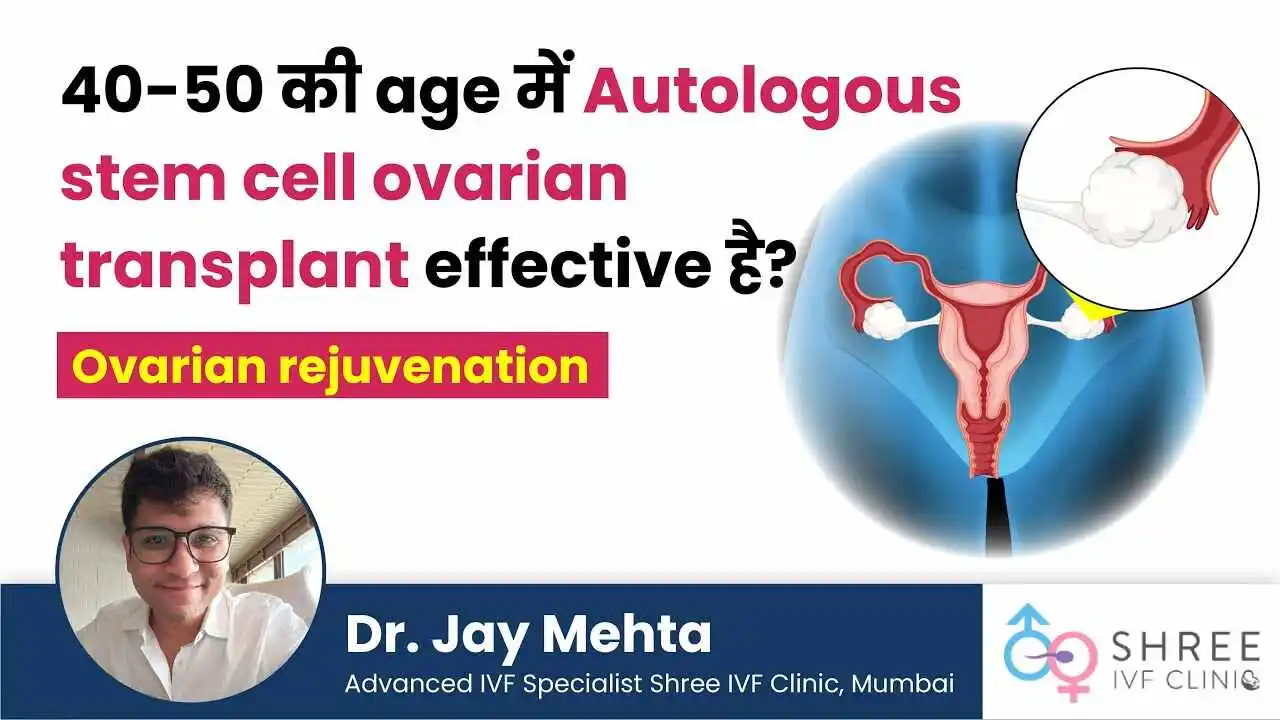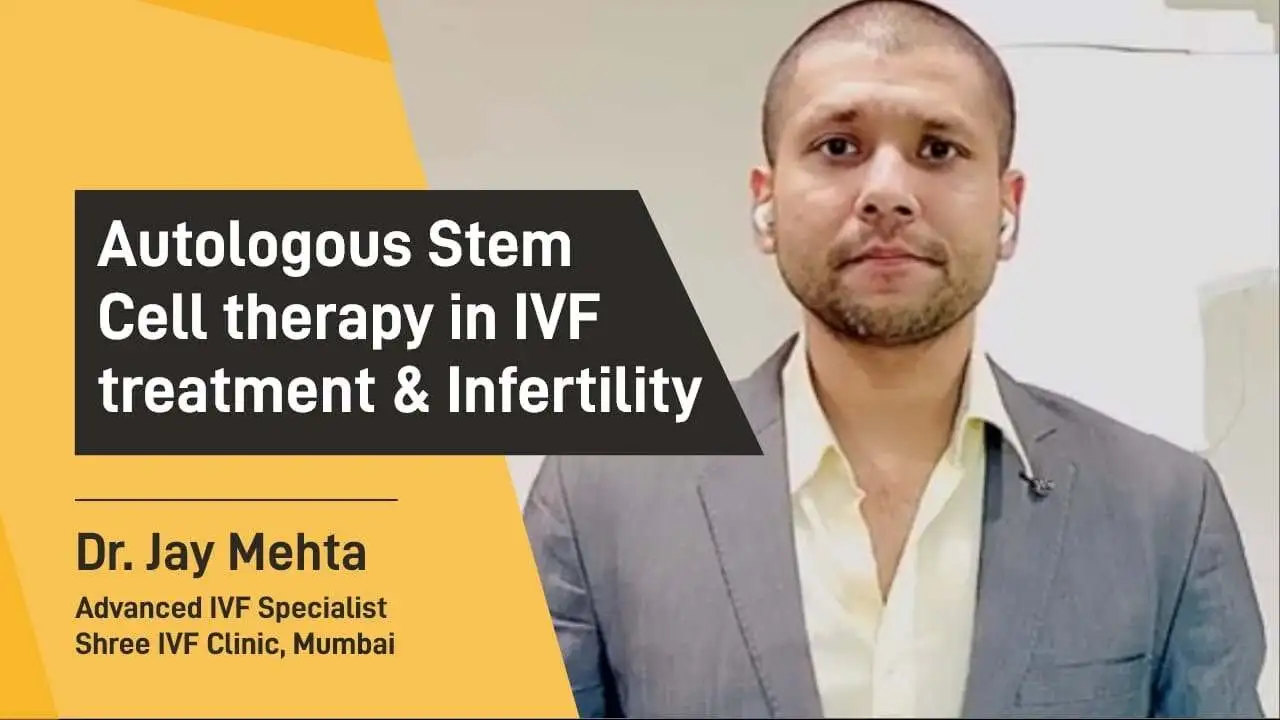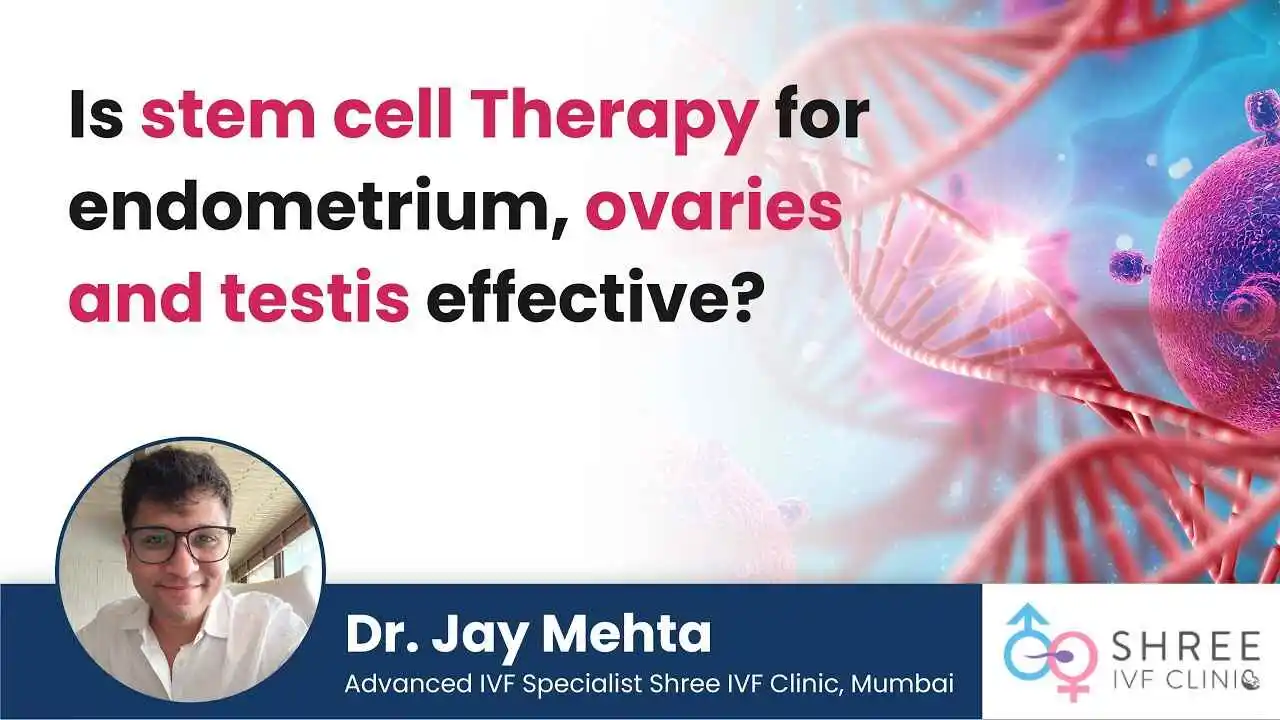Care after IVF procedure?
UPDATED ON 30 JUL. 2021
AUTHOR
Dr Jay Mehta
Scientific Director & IVF Specialist with 10+ years of experience
TREATMENT
GET IN TOUCH ON
Dr. Jay Mehta is the Scientific Director of Shree IVF Clinic. In this article, Dr. Jay Mehta discusses the precautions to follow after IVF, particularly the precautions (after the IVF process) for embryo transfer.
In prior articles, he has described IVF methods in detail, including step-by-step methods. Every minor detail has been discussed, and this is the final article on IVF treatment. Here you will learn about the precautions to take, particularly following the embryo transfer.
What Precautions Should I Take Following IVF? (Care about IVF operation) is the most often requested question by patients and their families, along with other related topics like how to eat? What should I eat? How long should I remain in bed? What foods should be consumed? Is it better to eat hot or cold foods? And many more questions like this.
What Precautions To Take After IVF?
In IVF, there is no rule that consuming any meal, going to work, taking bed rest, sleeping on your right or left side, limiting salt in your meals, or eating sweets can boost your success rate. There is no scientifically validated study to back up these claims. Couples in India are particularly inquisitive in their eating habits following an IVF operation.
In IVF, there is no such thing as a diet that can improve or reduce your chances of success. There are no dietary limitations for the patient. In IVF, there is just one limit on food intake: you may eat anything you want and as much as you want. After the IVF process, don’t set any restrictions on what you eat.
The second most popular concern is if I can travel back to my home following the embryo transfer. And, if we decide to travel, what is the most appropriate means of transportation? bicycle, scooter, bike, or automobile, for example. There are no such guidelines or requirements for rank adjustments following IVF.
After the embryo transfer, you must sleep for 10-12 minutes before doing anything you wish. The doctors at Shree IVF Clinic allow patients to resume their normal work schedule after the IVF treatment. After IVF, there is no need to stay in bed.
Patients frequently request that their physicians draft a leaving certificate for them so that they can take 10 to 15 days off work and be fully bedridden. Bed rest has been found in studies to reduce the success rate of IVF.
After the treatment, you can resume your office job or household tasks such as cooking, cleaning, and washing; none of these will affect the success rate of IVF.
There is only one rule to follow following IVF: avoid weight training such as going to the gym, exercising, or performing hard cardio. This does not indicate that women who do this will have a lower chance of getting pregnant. It’s only a foreshadowing that you can follow. Another often-asked topic is whether there is a certain sleeping position that will aid in increasing the chances of becoming pregnant.
Some people like to sleep on their right side, while others prefer to sleep on their left. The success rate of IVF is unaffected by sleeping position; you can sleep in any position that is comfortable for you.
Patients frequently say that they are not allowed to eat non-vegetarian foods like fish or chicken, as well as spicy foods, after the embryo transfer because of restrictions imposed by their elders at home.
However, there is no hard and fast rule that if you eat fish or meat, your chances of becoming pregnant will be reduced. So it is a request that you do not restrict yourself when it comes to food and eat whatever you want throughout the procedure. For example, if you want pizza or vada pao, you can eat as much as you want because any dietary improvement or reduction after IVF treatment does not increase the IVF success rate. External influences have no bearing on the VF Success Rate. He is in the 35-40% range of the population.
Lastly, patients frequently inquire whether yoga, Reiki, and acupuncture may help them become pregnant or not. Yoga, Reiki, and acupuncture are all-natural healing methods. It enhances both emotional and physical well-being, as well as blood flow to the uterus.
However, it does not affect the success rate of IVF. It is crucial to highlight that if you want to perform yoga, Reiki, or acupuncture, you can do so because there are no negative side effects, but it is not necessary to do so following IVF treatment.
finding the right solutions tailored to their specific
circumstances can make all the difference “
AUTHOR
Dr Jay Mehta
Scientific Director & IVF Specialist with 10+ years of experience
TREATMENT
CALL US 24/7 FOR ANY HELP
GET IN TOUCH ON
Share Article on
Related Readings
Ovarian Stem Cell Transplant (Age 40-50): Does It Work?
Stem cell ovarian transplant may help restore fertility and hormone levels in women 40-50, but its effectiveness remains under clinical research
Autologous Stem Cell therapy in IVF & Infertility Treatment
Autologous Stem Cell Therapy offers hope for women with low AMH and thin endometrium, improving IVF outcomes for those facing early fertility issues
Stem Cell Therapy for Endometrium, Ovaries & Testes: Is It Effective?
Stem cell therapy is transforming reproductive health, offering new hope for endometrium, ovary, and testis-related fertility issues





